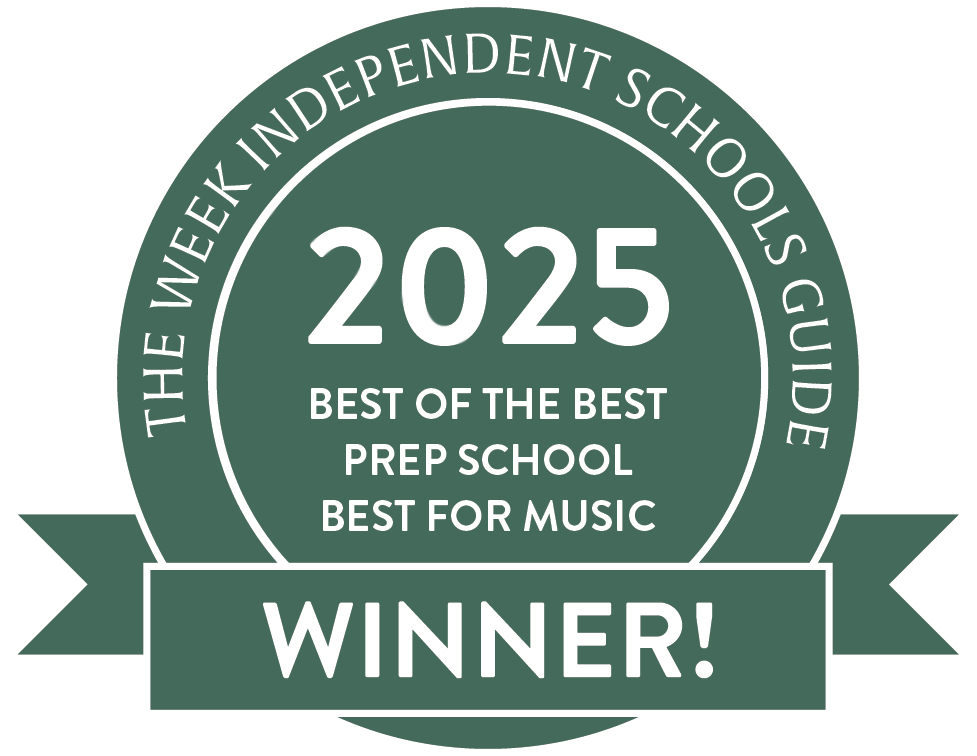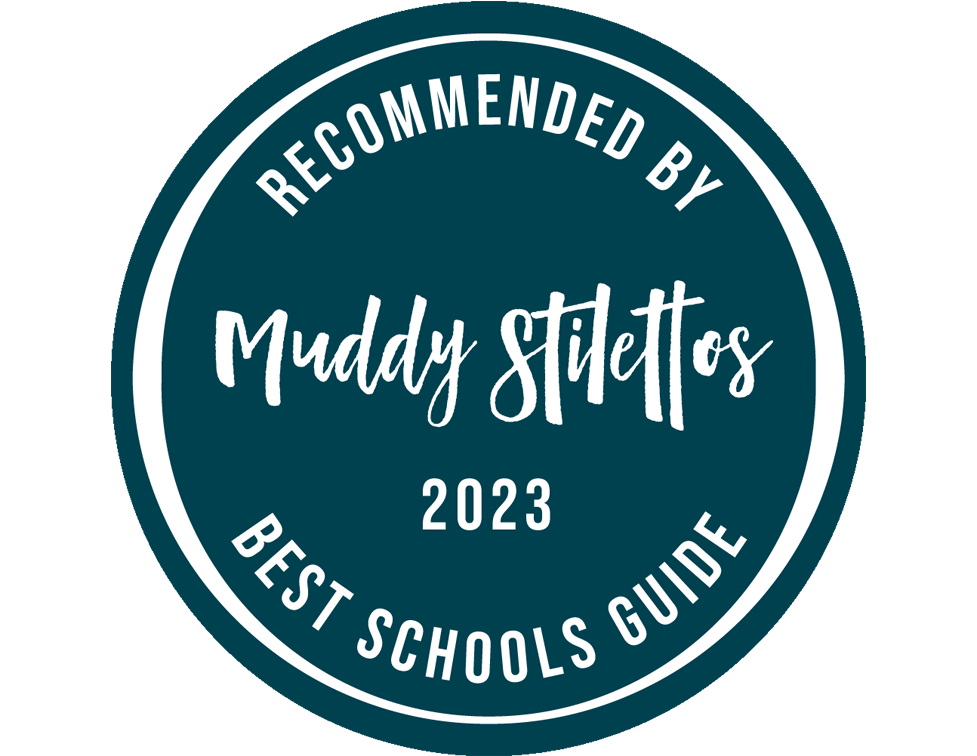'Cultural Capital'

It is too easy to fall into the trap of thinking that education is a narrow concept confined to the three Rs; Reading, ‘Riting, and ‘Rithmatic! I know that I am preaching to the converted, but I wrote in my last article about something called Cultural Capital, and I would like to expand on what it is and why I think it is important.
Cultural Capital has been a bit of a buzz phrase in education in recent years, and OFSTED have been tasked with making sure that schools fulfil the requirement for educational settings to provide children with “the knowledge and cultural capital they need to succeed in life”. What does that mean in practice? A quick google search of 'Cultural Capital' reveals its aim is to produce “…an individual who is knowledgeable about a wide range of culture, is comfortable discussing its value and merits, and has been given a vast array of experiences”.
Some think it is even more crucial than that. I am not normally given to quoting educational writers, but one who has had an effect on my thinking is a man named E.D. Hirsch. In the 70s and 80s, Hirsch was an English Professor at the University of Virginia who, over his teaching career, became increasingly frustrated that pupils from disadvantaged backgrounds, with identical SATS scores and theoretically identical potential, were regularly outperformed in all areas of English instruction at degree level by those from more privileged backgrounds. Why should this be? Through experiment, Hirsch showed that those with good background knowledge, and with a wider range of experiences, found it easier to understand and interpret higher level texts. Often there were keys to understanding the full meaning of texts which had grounding in having good ‘general knowledge’ and experience. He called this concept Cultural Literacy.
In the subsequent race to pursue a ‘skills-based curriculum’, Hirsch’s ideas were somewhat overlooked, but one State adopted them and the ‘Massachusetts Miracle’ of the 1990s (consistently high performing SATS results) were credited at least in part to the application of his theory. It is interesting to see that variations of Hirsch's ideas have come back into vogue in the UK over the last few years, notably in the concept of Cultural Capital.
Why do I write about this? Because Cultural Capital is important to children’s development. Pilgrims’ remains concerned to avoid creating a ‘hot house’ culture and believes in breadth of education; we want to offer a broad and balanced curriculum, and we will continue to do so, despite what Senior Schools choose to assess in entry tests. We also believe that extra-curricular activities have value in themselves.
One thing that I encourage parents to think about is the value of tutoring. I do believe that some targeted tutoring over a short period of time for a specific purpose or goal can be very helpful (I certainly helped my daughters with their maths in the run-up to their SATS!). However, the idea of regular tutoring misses the point that the extra time could be spent not on more ‘book work’ but in doing things that add to our children’s Cultural Capital. The (arguable) short term benefit of tutoring does not compare to the longer-term value of cultivating Cultural Capital.
Going to museums, the theatre or sporting events, reading newspapers or magazines, watching classic films or TV (even watching the odd episode of EastEnders if that is your thing!) are all valuable. Not only are they fun, but they also add significantly to our children's Cultural Capital and this will not only help them better access the curriculum (as Hirsch suggested), but more importantly, it will make them more rounded and interesting people. This in turn will help with things like Senior School interviews, and even job interviews later in life.
The next time you are wondering what to do with your children’s free time, don’t forget to think about the value of Cultural Capital; it makes a big difference.
Alistair Duncan
Interim Head









